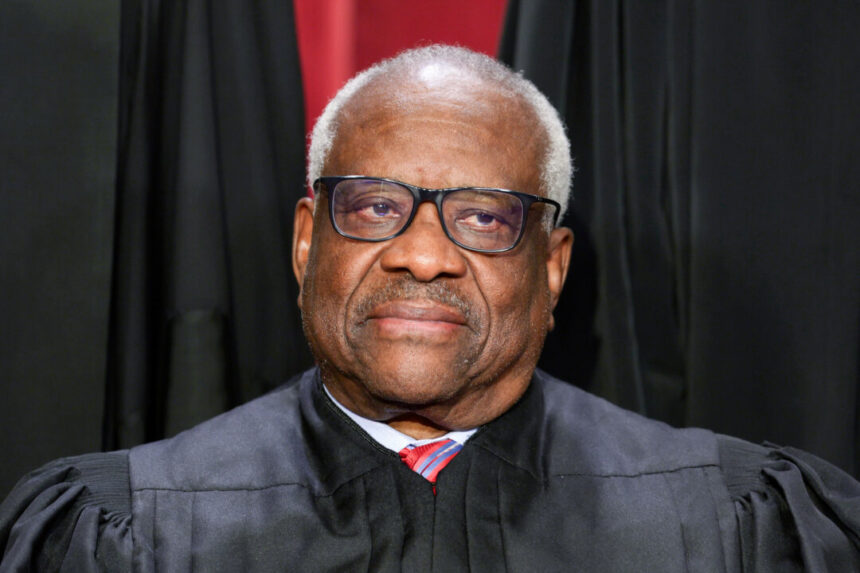The court ruled that additional revenue generated by an estate-planning device that boosts the value of a family-owned corporation is subject to taxation. The Supreme Court unanimously sided with the IRS in a case involving tax on shareholders’ life insurance policies. The dispute centered around the valuation of stock in a closely-held corporation owned by two brothers. The IRS claimed that the estate owed nearly $1 million in taxes due to unreported life insurance proceeds following the death of one of the brothers. The court’s decision emphasized the inclusion of life insurance proceeds in calculating the value of a decedent’s shares for estate tax purposes. The case highlighted the importance of properly assessing the fair market value of assets in estate planning and tax matters. Justice Thomas’ opinion clarified that a corporation’s obligation to redeem a deceased shareholder’s shares does not decrease the value of those shares for estate tax purposes. The court affirmed the decision of the U.S. Court of Appeals for the 8th Circuit in favor of the IRS. Please rewrite this sentence.
Source link
Supreme Court Rules 9–0 for IRS, Denying Refund in Estate Tax Dispute

Leave a comment




